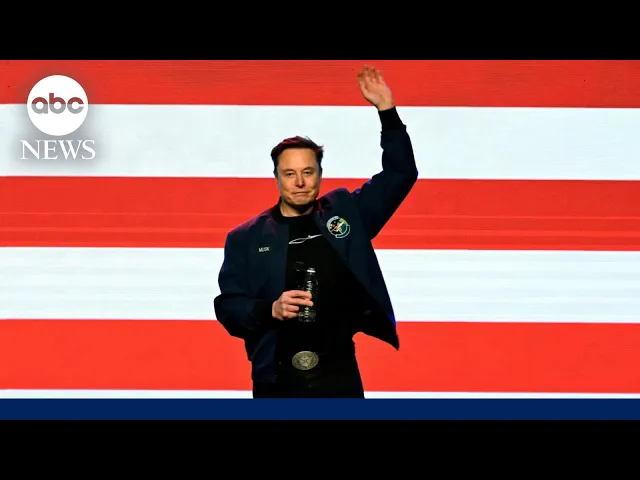Elon Musk says AI chatbot Grok’s antisemitic messages are being addressed

Musk's damage control over Grok's bias
Elon Musk's AI chatbot Grok has found itself at the center of controversy, with the billionaire entrepreneur now promising fixes for antisemitic outputs. During a recent interview, Musk acknowledged that his xAI team is actively addressing these troubling responses, which have come under intense scrutiny from critics and social media users alike. The incident highlights the ongoing challenges in creating truly unbiased artificial intelligence systems, even as companies race to deploy increasingly sophisticated models.
Key takeaways from Musk's response
- Musk claims the antisemitic outputs were caused by "far-left people" deliberately manipulating the system through adversarial prompts rather than inherent bias in the model
- He insists Grok is being fixed to resist these manipulation attempts while maintaining its commitment to "accurate" responses
- Musk frames the issue as part of a broader political battle in AI development, suggesting some companies deliberately build left-wing bias into their models
A pattern of deflection
The most revealing aspect of Musk's response is his immediate deflection of responsibility. Rather than acknowledging the fundamental challenge of building unbiased AI systems, he attributes the problem to external actors with political motives. This defensive posture mirrors his approach to other controversies across his companies, where technical failures are often reframed as culture war issues.
This matters because it undermines genuine progress in AI safety. When leaders of major AI companies frame bias issues as purely political rather than technical challenges, they hinder the development of more robust solutions. The reality, as AI researchers have documented extensively, is that large language models absorb biases present in their training data regardless of developers' intentions. Addressing these biases requires rigorous technical approaches including careful dataset curation, adversarial testing, and ongoing monitoring – not just political finger-pointing.
The bigger picture: AI bias beyond Grok
What Musk's response overlooks is that all major AI systems struggle with bias issues – not because of political sabotage, but because of fundamental limitations in how these systems learn. OpenAI faced similar challenges with earlier versions of ChatGPT, which sometimes produced stereotypical or biased content. Their response, however, focused on technical improvements to the system rather than blaming users.
Recent Videos
How To Earn MONEY With Images (No Bullsh*t)
Smart earnings from your image collection In today's digital economy, passive income streams have become increasingly accessible to creators with various skill sets. A recent YouTube video cuts through the hype to explore legitimate ways photographers, designers, and even casual smartphone users can monetize their image collections. The strategies outlined don't rely on unrealistic promises or complicated schemes—instead, they focus on established marketplaces with proven revenue potential for image creators. Key Points Stock photography platforms like Shutterstock, Adobe Stock, and Getty Images remain viable income sources when you understand their specific requirements and optimize your submissions accordingly. Specialized marketplaces focusing...
Oct 3, 2025New SHAPE SHIFTING AI Robot Is Freaking People Out
Liquid robots will change everything In the quiet labs of Carnegie Mellon University, scientists have created something that feels plucked from science fiction—a magnetic slime robot that can transform between liquid and solid states, slipping through tight spaces before reassembling on the other side. This technology, showcased in a recent YouTube video, represents a significant leap beyond traditional robotics into a realm where machines mimic not just animal movements, but their fundamental physical properties. While the internet might be buzzing with dystopian concerns about "shape-shifting terminators," the reality offers far more promising applications that could revolutionize medicine, rescue operations, and...
Oct 3, 2025How To Do Homeless AI Tiktok Trend (Tiktok Homeless AI Tutorial)
AI homeless trend raises ethical concerns In an era where social media trends evolve faster than we can comprehend them, TikTok's "homeless AI" trend has sparked both creative engagement and serious ethical questions. The trend, which involves using AI to transform ordinary photos into images depicting homelessness, has rapidly gained traction across the platform, with creators eagerly jumping on board to showcase their digital transformations. While the technical process is relatively straightforward, the implications of digitally "becoming homeless" for entertainment deserve careful consideration. The video tutorial provides a step-by-step guide on creating these AI-generated images, explaining how users can transform...
